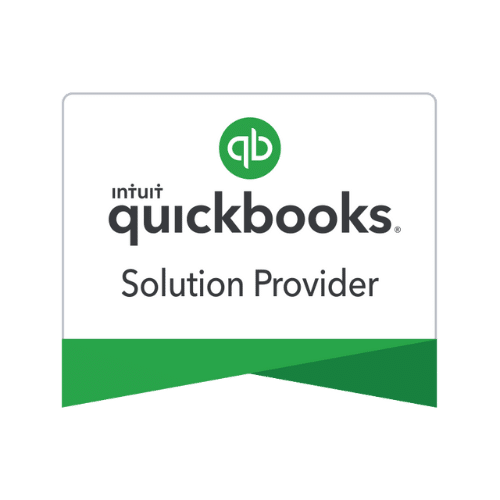If you’re like many business owners, bookkeeping may not be your favorite task. In fact, it can be overwhelming, especially if you find yourself facing the time-consuming task of catching up on your bookkeeping. However, staying on top of your bookkeeping is essential for maintaining a healthy cash flow, avoiding costly mistakes, and making informed business decisions. In this blog post, we’ll discuss five common mistakes to avoid when catching up on your bookkeeping.
What is Catch Up Bookkeeping?
Before we dive in, let’s first clarify what catch up bookkeeping actually means. Catch up bookkeeping refers to the process of getting your financial records up-to-date and accurate after falling behind on your bookkeeping tasks. This can include tasks such as reconciling bank statements, entering transactions, and updating financial statements. Catch up bookkeeping is usually necessary when business owners neglect their bookkeeping tasks due to being busy or overwhelmed.
Now, let’s look at the common mistakes to avoid when it’s time to start catching up on your bookkeeping.
1. Not Setting Realistic Goals:
Catch up bookkeeping is a marathon, not a sprint. Trying to do everything at once is a recipe for burnout and frustration. Instead, break down the process into manageable tasks and set realistic goals for each day or week. Focus on making steady progress, not achieving perfection overnight.
2. Skipping Reconciliation:
Reconciling your bank statements regularly is essential to ensure your books are accurate and up-to-date. Don’t let this crucial step slip through the cracks, or you risk missing errors and discrepancies that could lead to bigger problems down the road.
3. Neglecting Receipts and Documentation:
Every receipt, invoice, and other financial document is a vital piece of the puzzle. Keep them organized and easily accessible to avoid missing critical information during your catch-up process. Consider implementing a system for storing and managing your paperwork, whether it’s physical or digital.
4. Ignoring Expense Categorization:
Properly categorizing your expenses is vital for understanding where your money is going and identifying areas for potential cost savings. Don’t lump everything into a single category; take the time to accurately categorize each expense according to its nature. This will provide valuable insights into your spending patterns and help you make informed financial decisions.
5. Forgetting About Taxes:
Catch-up bookkeeping can have significant implications for your taxes. Make sure you understand the tax implications of any adjustments or corrections you make to your books. If you’re unsure about anything, consult with a tax professional to avoid any penalties or complications come tax season.
Additional Mistakes to Be Aware Of:
- Not Backing Up Your Data: Regularly back up your data to ensure your financial records are safe in case of a computer crash or other unforeseen event.
- Ignoring Cash Transactions: Don’t forget to record all cash transactions, even small ones. These can add up and significantly impact your financial picture.
- Using Outdated Software: Make sure you’re using the latest version of your accounting software to ensure you have access to all the necessary features and functionalities.
- Mixing Personal and Business Expenses: Be diligent about separating your personal and business finances. This will make the bookkeeping process much easier and prevent errors.
- Procrastinating: The longer you put off catching up on your bookkeeping, the harder it will be. Start tackling the task as soon as possible to avoid stress and potential problems down the road.
Remember: Catching up on your bookkeeping requires time, effort, and attention to detail.
By avoiding these common mistakes and adopting a methodical approach, you can successfully get your financial records back in order and gain valuable insights into your business’s financial health.









